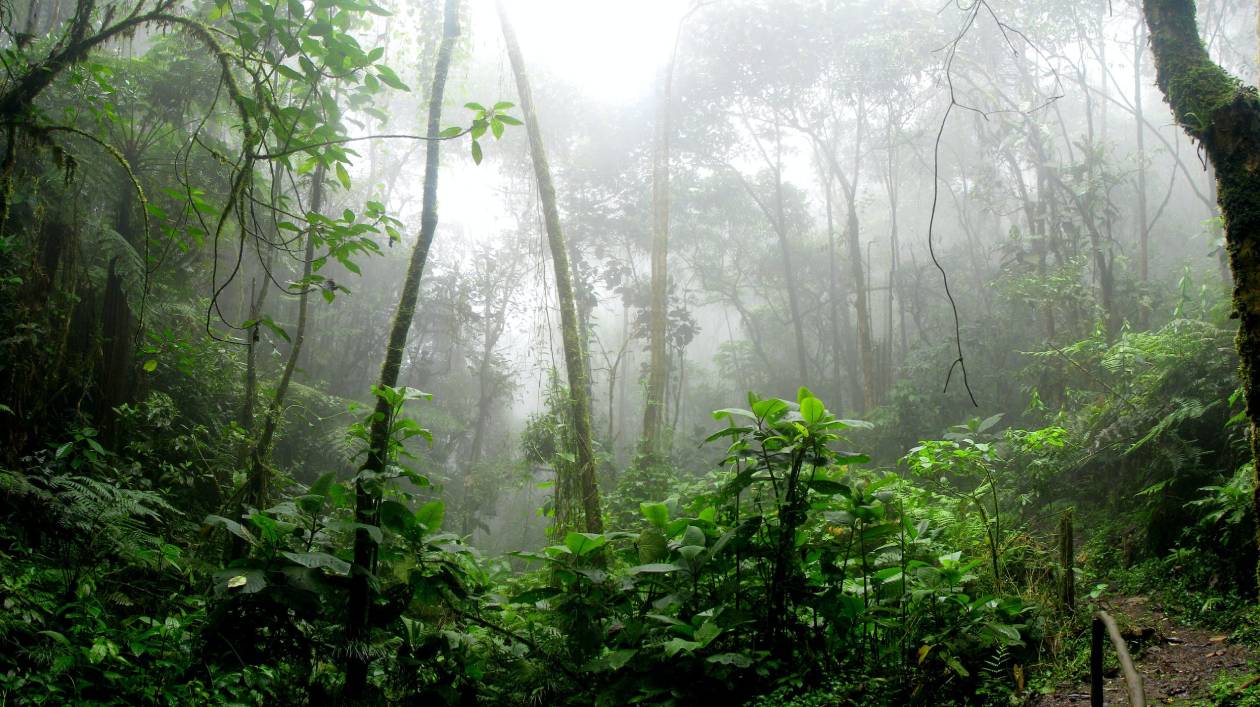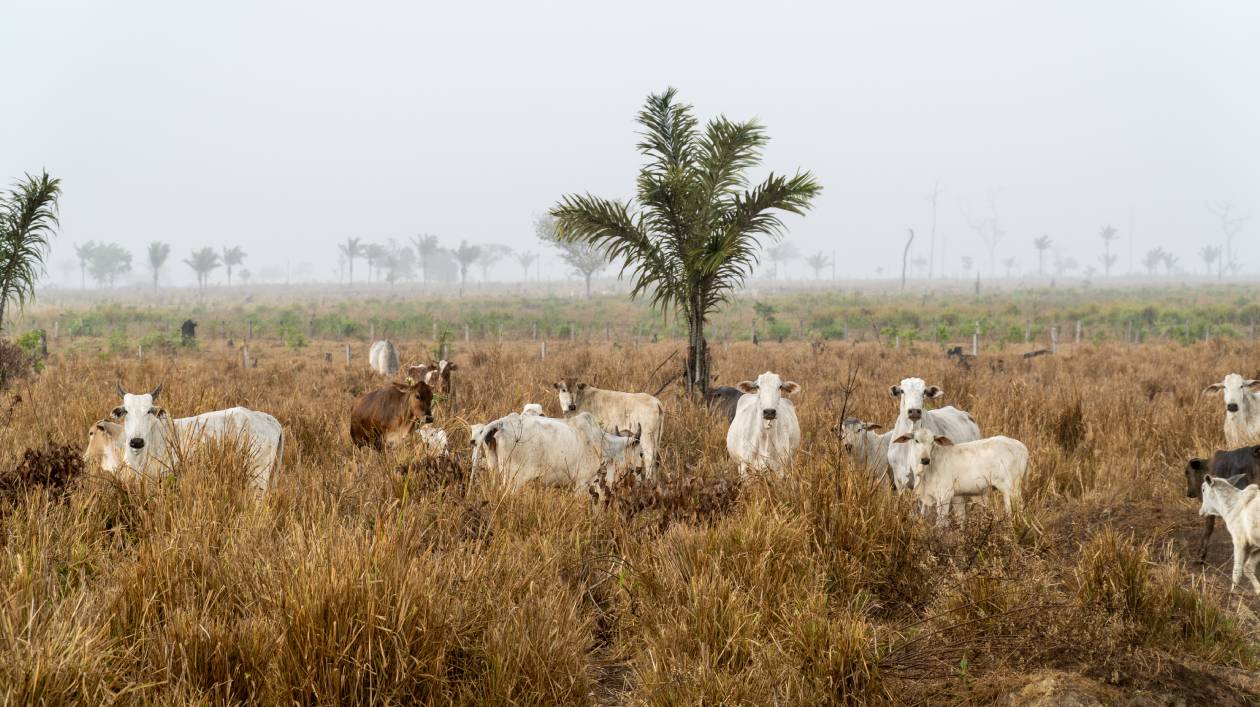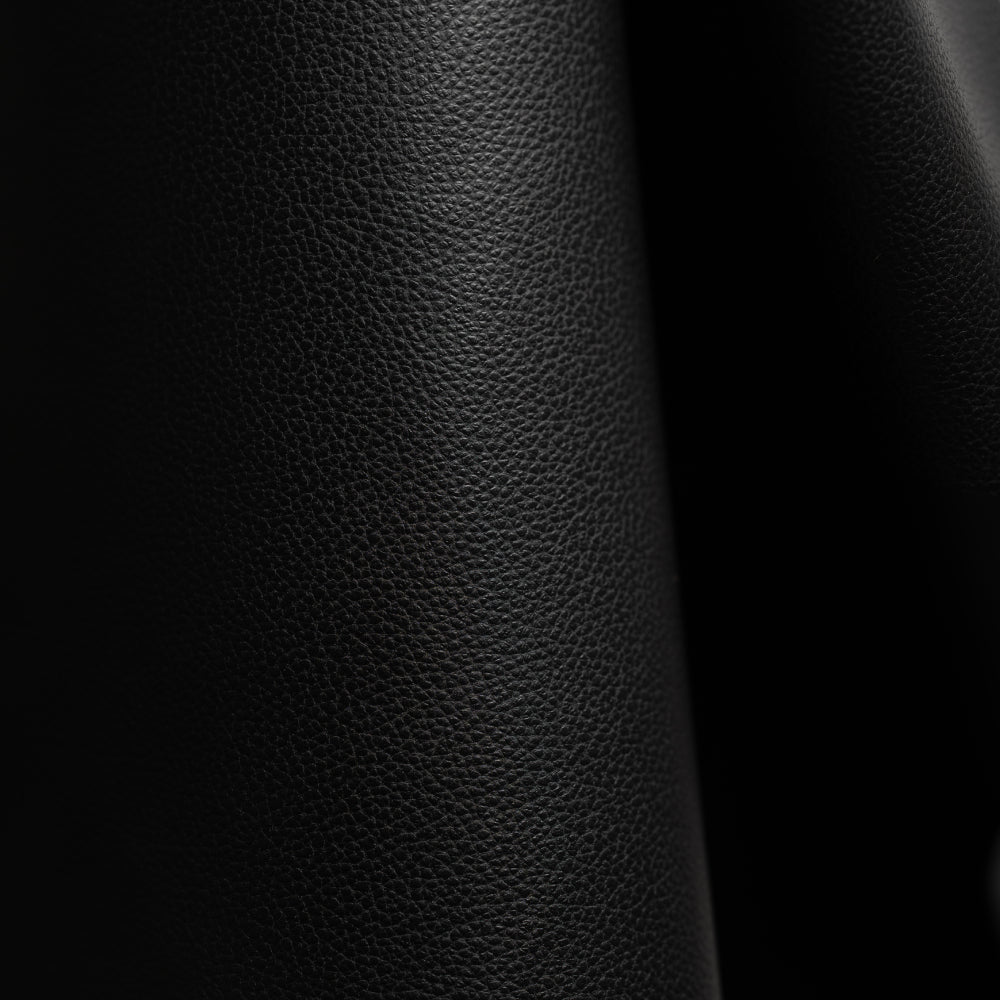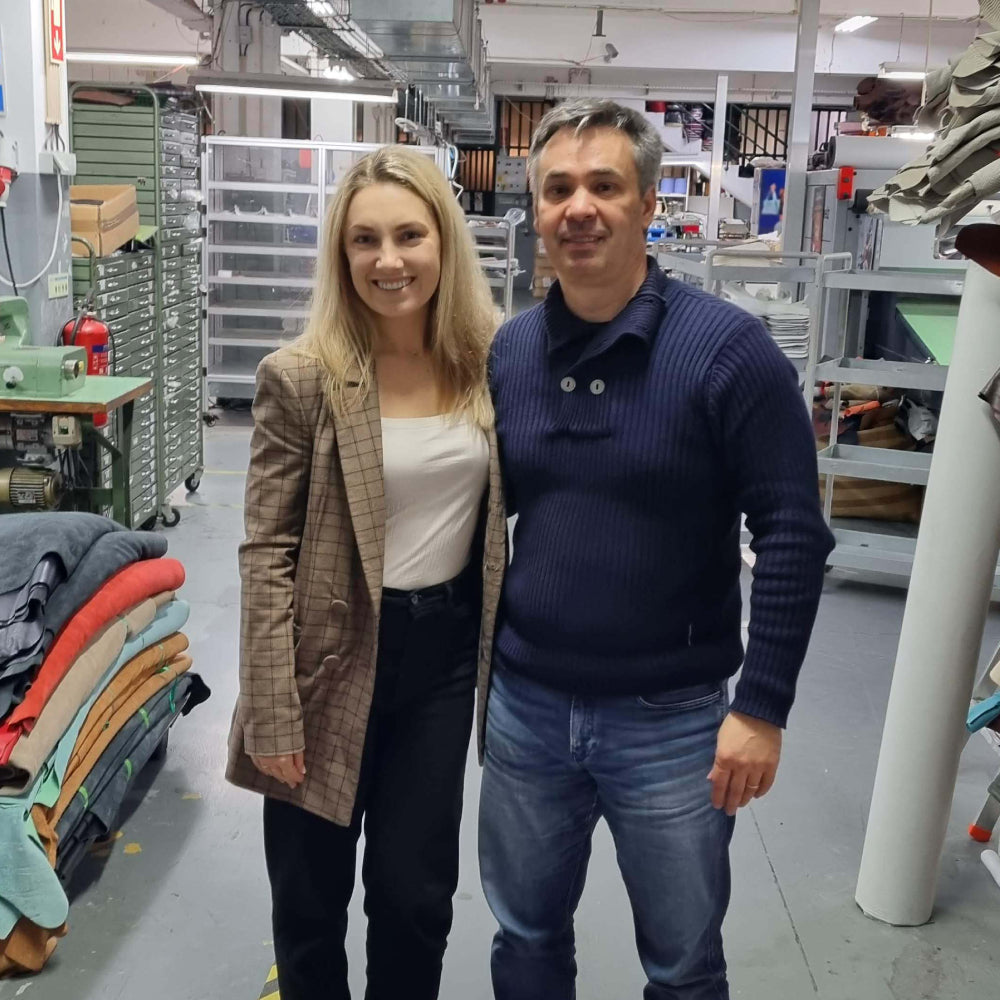OUR STORY
Lost Woods is a luxury Australian handbag label, handmade in Portugal from premium plastic-free vegan leather.
Cattle ranching for beef and leather is the biggest driver of deforestation in the world - our brand name pays homage to all of the forests and wildlife lost to leather.
"Searching for a vegan leather bag that isn’t plastic? Lost Woods has you covered. They offer handbags, backpacks, and wallets made from MIRUM, one of the world’s first 100% plastic-free vegan leathers. This wonder material boasts tree rubber, natural fillers, plant fibers, oils, and waxes."

"Lost Woods is a luxury Australian handbag label, handmade in Portugal from premium plastic-free vegan leather. They have an amazing selection of chic bags"

"Leather, once synonymous with luxury, hides a dark truth. The leather industry is not only an animal welfare tragedy but also a significant contributor to environmental degradation. Lost Woods challenges this status quo by offering an alternative path that champions ethics and sustainability without compromising on style or quality"

"Say goodbye to traditional leather and hello to guilt-free glamour. Enter Lost Woods, the epitome of luxury and ethical sophistication. This Australian brand has embraced MIRUM® to craft a collection of exquisite vegan handbags that will leave you breathless. With Lost Woods, you can revel in the lap of luxury without compromising your values"

"Lost Woods is a luxury vegan fashion brand based in Australia. The brand uses an innovative, plastic-free, circular material in their sophisticated designs. Lost Woods products are made ethically. With the Lost Woods vegan fashion brand, sustainability, compassion, and luxury go hand in hand"


Meet the founder
Hi, I'm Holly Edwards, the creator of Lost Woods, from the Gold Coast, Australia.
With a background in marketing and design, I started Lost Woods to fix a big problem in fashion - there was no sustainable alternative to leather.
I haven't bought leather in a long time, because I love animals, and think it's devastating that humans have taken one of the greatest joys of our planet and turned them into products.
Did you know that humans kill more than 200 million land animals for food per day? World War II, the deadliest conflict in human history, killed 60 to 85 million people - less animals than we kill in a day.
That's not counting sea creatures, animals killed indirectly by habitat destruction, or animals killed specifically for other industries - like fashion.
Interestingly, while similar materials like fur have been globally condemned, leather has maintained its image as a coveted luxury product. Apart from greenwashing by the leather industry - I blame the lack of a high quality, eco-friendly alternative.
Well, that's about to change.
For the animals & forests lost to leather
Why is animal leather unsustainable?
Not only is leather sourced from exploited animals living in inhumane conditions - it's an environmental nightmare.
Demand for leather has skyrocketed in recent years, fuelling the killing of animals specifically for their hides. In some cases, rare and exotic species are targeted, pushing them closer to extinction.
Most leather comes from the beef industry, which is commonly thought of as a good thing - recycled waste, right? But the global leather industry is projected to reach $630 billion by 2025. Leather is hardly waste. Instead, it's an important co-product, produced by an industry that is steadily ruining the environment.
Deforestation
Cattle grazing for beef and leather is a massive global driver of deforestation. It's responsible for 80% of the deforestation in the Amazon. Lost forests lead to lost biodiversity and less CO2 absorption.
Emissions
The UN estimates that livestock production accounts for about 14.5% of all human-induced emissions. Methane from cows is 28x more potent than CO2 at trapping heat in the atmosphere.
Pollution
Animal waste runoff can pollute waterways, harming aquatic ecosystems and contaminating drinking water. Leather tanneries use harmful chemicals, contributing to air and water pollution.
Water use
Between raising the animal and processing the skin, the Water Footprint Network estimates that it takes 17,000 liters of water to produce 1 kg of leather.
Antibiotics resistance
Excessive use of antibiotics in livestock can lead to antibiotic resistance in bacteria, posing a significant threat to human health.

Before

After
What's the alternative?
Traditional faux leather has been rebranded as 'vegan leather' in recent years. This is technically correct - it's not made from animals - but brands have been using the eco connotations associated with veganism to greenwash a plastic based product.
Pleather is made from PVC or polyurethane - plastic derived from petroleum fossil fuels. Although faux leather lacks the animal abuse component, production of pleather involves significant water, energy and chemicals. It is also typically of a lower quality than animal leather and will flake with age.
There have been some developments of polyurethane made from vegetable oil instead of petrol, but ultimately, PU is still plastic and will never break down.
A range of 'plant-based' faux leathers have hit the market in recent years, but unfortunately, they still rely on a percentage of plastic to achieve their durability.
Until now!
Our bags are proudly made with MIRUM®, the first 100% plastic free vegan leather in the world.

MIRUM® is the leather alternative the world has been waiting for
MIRUM® is produced in a wind-energy powered factory in the USA. It is a 100% biobased material, certified by the USDA.
- Zero plastics
- Low carbon
- Naturally circular
- Luxurious feel
- Highly durable

Kind to animals, kind to people
After years of searching for the right manufacturer, I decided on a leather making workshop near Porto, in Portugal.
Established in 1975, the makers are masters at their craft. Family-owned and female-run, some employees have been at the business for over 40 years.
I have a close relationship with the factory, who employ a team of 20 talented makers. I would count my project manager, David, as a friend. We share life and family updates regularly on WhatsApp. I'm proud to support another small business where I know the team personally.